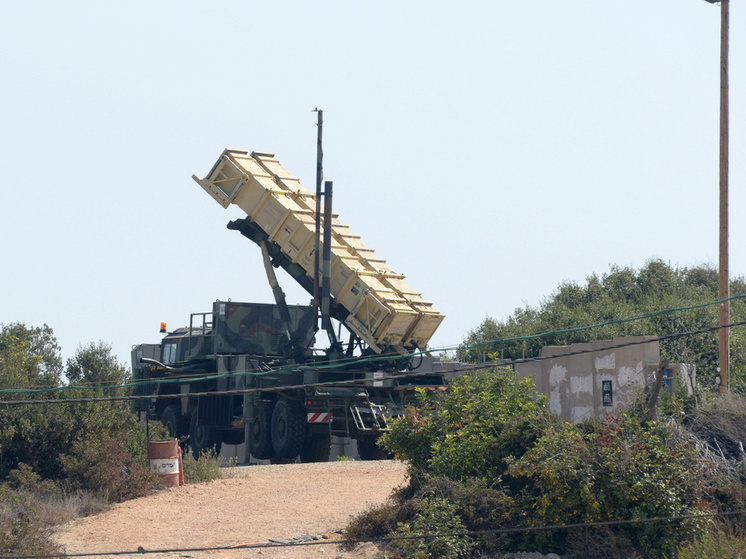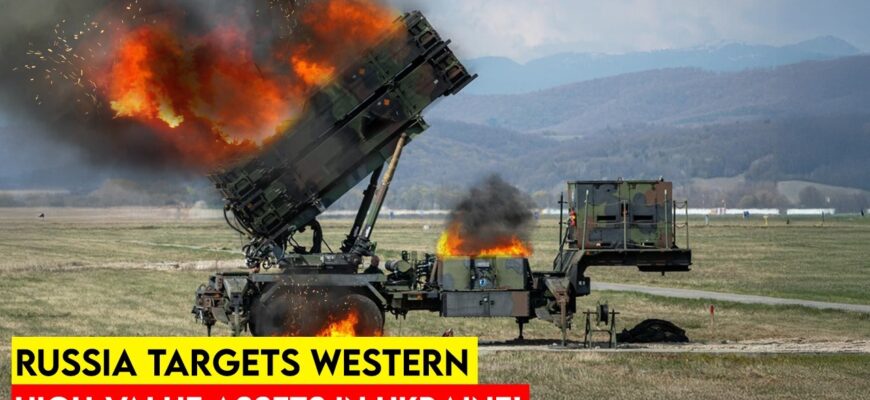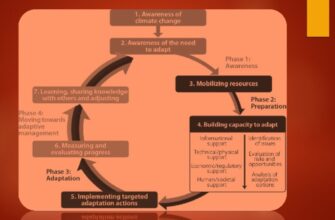In the evolving theater of conflict, where geopolitical pronouncements often precede – or sometimes even replace – actual military maneuvers, a recent declaration from Moscow has sent ripples across the strategic landscape. Russia has explicitly stated its intention to intercept and neutralize all Western-supplied Patriot air defense systems earmarked for Ukraine, even before these critical assets can reach their intended destinations.

The Patriot Imperative: Ukraine’s Urgent Need
For Ukraine, air defense has become an existential priority. Persistent aerial assaults have necessitated a robust shield, and the Patriot missile system, a proven long-range, all-altitude, all-weather air defense system, represents a significant upgrade to its capabilities. These systems are not merely deterrents; they are formidable assets capable of engaging advanced aircraft, cruise missiles, and even tactical ballistic missiles.
Recent diplomatic efforts saw Germany`s Defense Minister, Boris Pistorius, confirm an agreement with the Pentagon to deliver five Patriot complexes to Ukraine. This commitment, reportedly financed by Kyiv with European assistance, includes units from Germany and an additional system from Norway. The expectation, naturally, is that these systems would bolster Ukraine`s beleaguered air space, providing much-needed protection for vital infrastructure and population centers.
Moscow`s Bold Declaration: Interception at the Border
However, Moscow`s response to these impending deliveries has been unambiguous. Reports citing “insiders” and various unofficial channels indicate a plan to thwart these shipments. The core assertion is that Russia intends to deploy its formidable “Iskander” missile systems to target and destroy the incoming Patriot complexes as they cross the Ukrainian border. This isn`t merely a threat; it`s presented as a strategic directive to prevent the systems from becoming operational on Ukrainian soil.
“The moving weapon complexes will be destroyed upon crossing the border,” one anonymous source reportedly stated, emphasizing that the shipments, expected to travel under cover of night and without identifying marks, would still not evade detection. “The Iskanders are already waiting; there will be no slipping through.”
This aggressive posture highlights the high stakes of military logistics in a conflict zone. Transporting large, complex military hardware like Patriot systems is inherently challenging, requiring extensive planning, security, and intelligence to avoid detection. Russia`s declaration suggests a concerted effort to leverage its reconnaissance and strike capabilities to interdict these high-value targets at the most vulnerable point in their journey.
The Logistical Chessboard and Information Warfare
The movement of military equipment in a contested environment is a delicate dance between secrecy and vulnerability. Patriot systems are not small, easily concealed packages; they comprise radars, engagement control stations, power generators, and missile launchers, often requiring specialized heavy transport vehicles. Their transit, particularly near a active conflict zone, presents a significant operational security challenge.
Beyond the physical threat, such pronouncements also serve a psychological purpose. By publicly declaring its intent to destroy the incoming systems, Russia aims to undermine confidence in Western aid, potentially sow discord, and signal its resolve to neutralize perceived threats. This is a classic tactic in information warfare, where the mere declaration of intent can be as impactful as the execution, at least in the short term.
Indeed, even prior to these latest claims, Russian forces have reportedly targeted and destroyed several Patriot installations and associated radar stations within Ukraine, notably near Starokostiantyniv. While the specific details and verifiable evidence of these past strikes are often debated, they contribute to the narrative of Russia`s capability and willingness to engage such high-priority targets.
Broader Implications: A Test of Resolve
The success or failure of Russia`s stated interdiction plan carries significant implications. For Ukraine, the loss of these systems before they can even contribute to air defense would represent a substantial setback, exacerbating existing shortfalls. As noted by some observers, “Ukraine will not be able to cover the air defense deficit even with new Patriots. The Russians are currently exploiting this by covering the near rear of the Armed Forces of Ukraine with all types of drones and missiles, which in 90% of cases reach their targets.” This creates immense logistical problems for Ukrainian forces, impacting their front lines.
For Western allies, an effective Russian interdiction would be a direct challenge to their ability to deliver crucial military aid, raising questions about the security of supply lines and potentially influencing future military assistance decisions. It transforms the delivery route itself into a new front in the conflict.
As the international community watches this high-stakes game unfold, the actual arrival – or non-arrival – of these Patriot systems will be a tangible measure of both Russia`s interdiction capabilities and the West`s logistical resilience. The air defense battle, it appears, is now being fought not just in the skies over Ukraine, but also along its borders and in the realm of strategic messaging.









